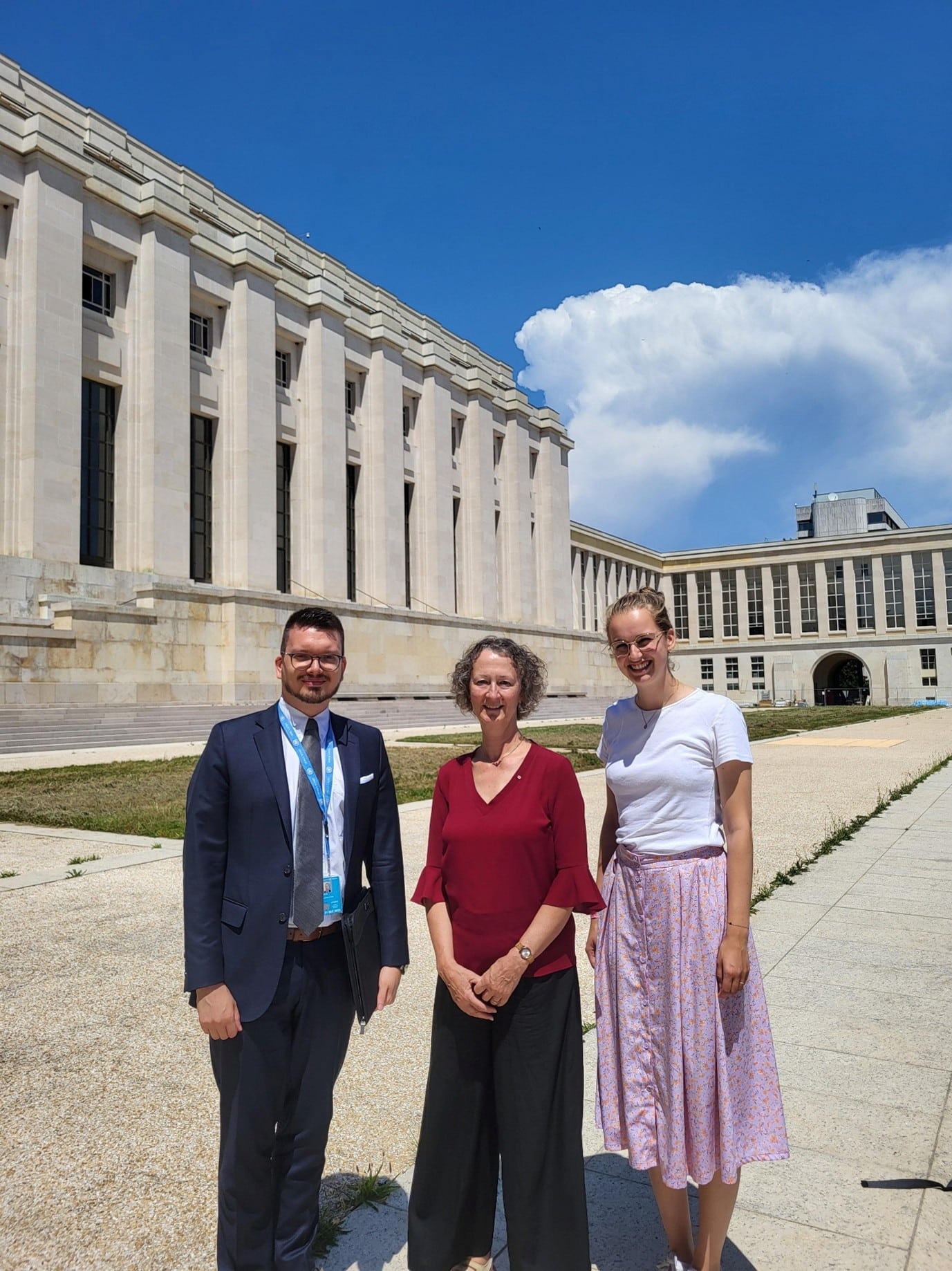Rather than being incompatible with Canadian society, Evangelicals contribute positively in all areas of life
Evangelicals have received some negative press this fall. The Evangelical Fellowship of Canada continues to respond to commentaries and stories that distort what we believe, what we do and what we want. Evangelicals have been portrayed as irrational and intolerant, people who are seeking to impose their vision of life on others. We have often been called “fundamentalists.” The word is most often used to describe religious zealots who seek to impose their faith on others through violence. So when the word is used interchangeably with “Evangelicals,” meanings get confused, contempt is fostered and prejudices are created.
The term fundamentalist can be used to refer to a person of devout faith. The Dalai Lama, Gandhi, Mother Teresa and Martin Luther King Jr. would meet the definition. But they, in fact, are not commonly referred to in this way. How then should we respond to this discrepancy and distortion?
It is important to clarify and correct when we can. As Evangelicals we don’t threaten violence when we or our beliefs are ridiculed – that is not how Jesus commands us to respond. We do protest, but we are committed to conversation and persuasion. Evangelicals are strong adherents to the rule of law and procedural fairness and we have strict guidelines on when civil disobedience is warranted – guidelines that never support harm to others. We affirm the dignity of all and that it is God who moves one to faith, not human coercion. We are persistent advocates of religious freedom, freedom of conscience and the right to change one’s religion.
Evangelicals do oppose the redefinition of marriage – the litmus test often used in Canada of late to determine whether someone is tolerant and reasonable, compatible with secular society and suitable for public office. But Evangelicals are not alone. Even pluralistic countries like Britain and France have chosen not to redefine marriage. Many it seems would fail this new test of tolerance.
There are Evangelicals in all levels of government and their politics often differ, as do their understandings of the role of government in addressing a variety of issues. But their willingness to participate in public institutions, join political parties, take part in public dialogues and seek consensus with people of other faiths (including secularists) in working for the public good are all evidence they are not fundamentalists imposing their faith on others. Evangelicals are willing participants in the common project of peace, order and good government. Evangelicals are crucial participants within the voluntary and charitable sector in Canada.
Evangelicals are concerned with the health and welfare of our communities and advocate for policies and laws that uphold human dignity, care for the vulnerable, promote justice in relationships and protect our freedoms.
Our task is to be faithful to what Jesus has asked us to be and do. We are to choose our words carefully, pursue constructive conversations and let our words flow from our actions and be seasoned with the love and grace freely given to us. As the Apostle Peter says, it is doing good that will silence the critics.
The most effective way we challenge the distorted views of Evangelicals is to live out an integrated and incarnational faith, not merely talk about it. This is our most resilient testimony. It is by meeting the needs of others, coming alongside the poor and vulnerable, helping the broken and weak that we demonstrate the love of God for all. May this be what we are known for.
Bruce J. Clemenger is the president of the Evangelical Fellowship of Canada.
Subscribe to Faith Today!
Click here to find out more!





Stay Connected